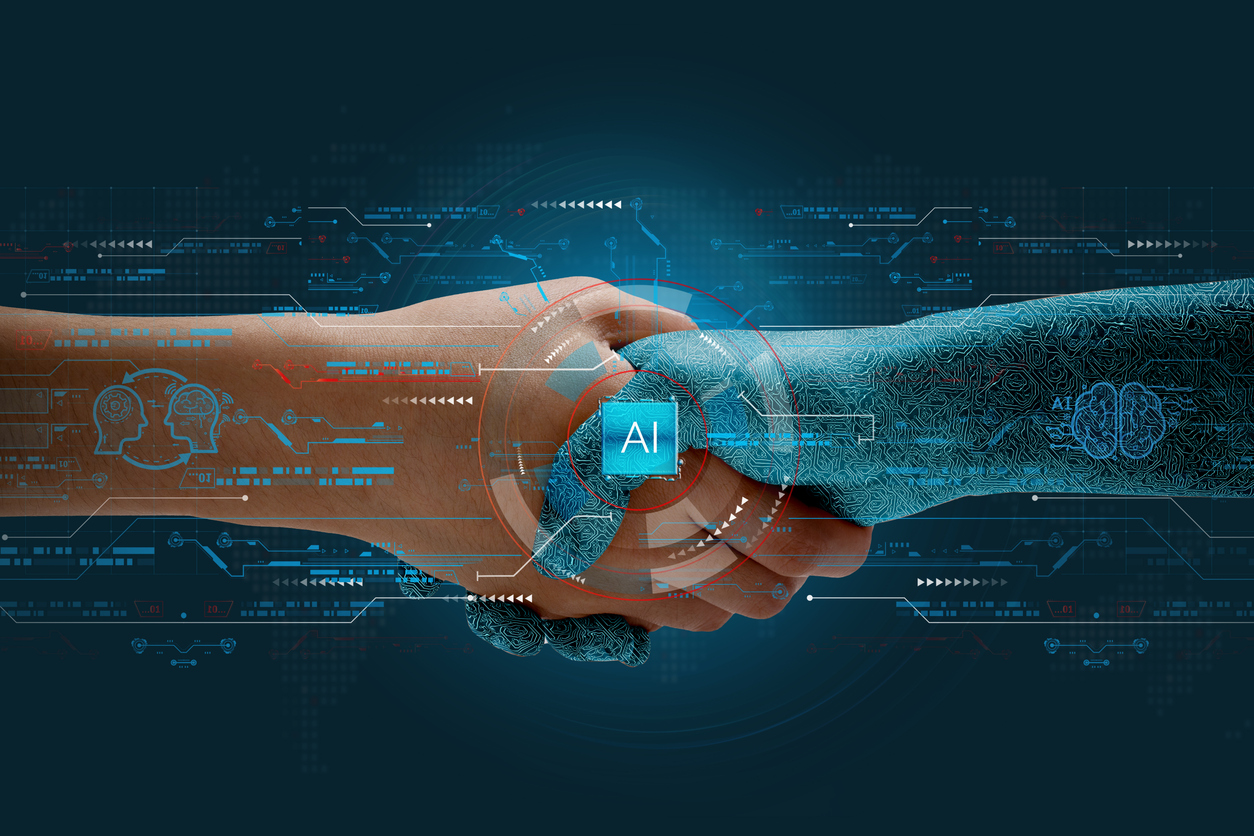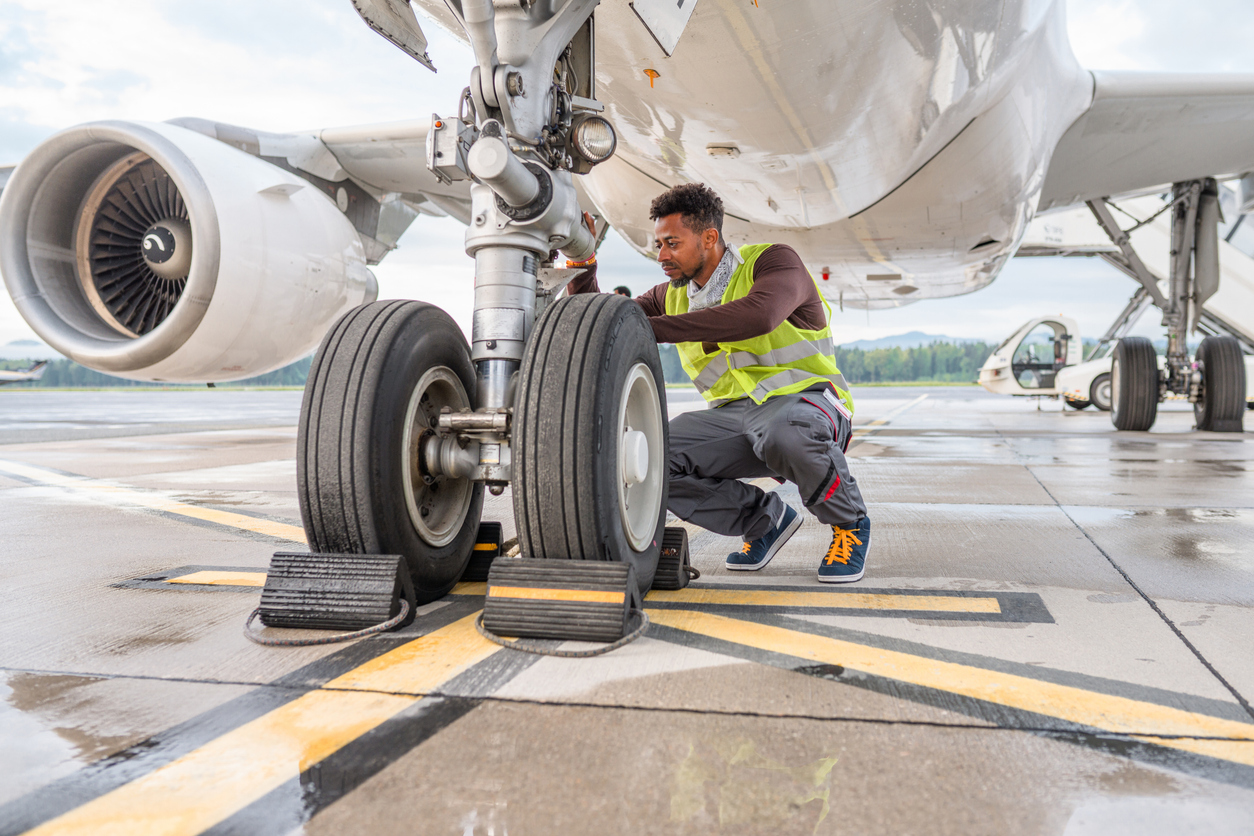M3 blog
Is Automation Replacing Humans?

Automation serves as a catalyst for driving digital transformation by revolutionizing the way businesses operate, innovate, and deliver value in today’s rapidly evolving landscape. At its core, automation streamlines processes, eliminates manual tasks, and enhances efficiency across various functions, from manufacturing and supply chain management to customer service and data analysis. By leveraging advanced technologies such as artificial intelligence, robotics, and machine learning, organizations can automate repetitive tasks, optimize workflows, and unlock new levels of productivity.
The Role of Automation in Digital Transformation
There are two streams of automation that are most prevalent today, industrial automation and programmable automation.
Industrial automation: with its focus on streamlining manufacturing and industrial processes through machinery and control systems, is like the backbone of modern factories, ensuring precision, efficiency, and consistency in production. It’s akin to having a team of specialized robots tirelessly handling repetitive tasks on the assembly line, optimizing output and minimizing errors.
Programmable automation: operates more like a versatile digital assistant, using software solutions to automate a diverse range of tasks across various domains. Think of it as having a smart virtual helper that can handle everything from data entry and analysis to managing customer inquiries, freeing up human employees to focus on more complex and creative endeavors. While industrial automation tackles the physical aspects of production, programmable automation extends its reach into the digital realm, empowering organizations to automate administrative processes and enhance overall efficiency.
Example of automation in aviation:
Customer Experience: Automation has transformed the passenger experience, offering greater convenience, personalization, and efficiency. From online booking systems to mobile check-in and self-service kiosks at airports, automation has made the travel experience smoother and more seamless for passengers. AI-driven chatbots provide instant assistance to travelers, addressing queries and resolving issues in real-time. Personalized recommendations and offers based on passenger preferences are made possible through data analytics and automation, enhancing customer satisfaction and loyalty. Overall, automation has elevated the customer experience in aviation by minimizing wait times, reducing friction points, and delivering tailored services that meet the evolving needs and expectations of passengers.
Operational Efficiency: The M3 Platform has played a pivotal role in reducing operational overheads and enhancing efficiency within MRO processes for many airlines. The M3 Platform allows for streamlining mundane tasks such as device preparation, initiating RMAs and downloading large amounts of content. However, human technicians play a crucial role in designing, implementing, and optimizing the automated systems facilitated by the M3 platform, ensuring alignment with organizational goals and adaptability to evolving needs.
Where Automation Can Replace Humans and Where it Can’t
Where Automation Can Replace Humans:
- Routine Operations: In aviation, automation has largely replaced manual tasks involved in routine operations, such as flight navigation, autopilot systems, and engine monitoring. Advanced autopilot systems can handle aircraft navigation, maintain altitude, and even execute complex maneuvers without human intervention.
- Maintenance and Inspections: Automation plays a significant role in aircraft maintenance, where it can perform repetitive tasks such as system checks, diagnostics, and inspections. For example, drones equipped with sensors and cameras can autonomously inspect aircraft exteriors for signs of damage or wear, eliminating the need for manual inspections.
- Data Analysis: Automation excels in processing vast amounts of data and deriving insights quickly and accurately. In aviation, automated systems analyze flight data, weather patterns, and operational metrics to optimize flight routes, fuel consumption, and scheduling.
Where Automation Can’t Replace Humans
- Decision-Making: Despite advancements in AI, human judgment and decision-making remain crucial, especially in complex and unpredictable situations. In aviation, pilots rely on their experience and expertise to make critical decisions during emergencies or unusual circumstances where automation may fall short.
- Complex Repairs and Troubleshooting: Automation may struggle to handle complex repairs and troubleshooting tasks that require nuanced understanding, adaptability, and problem-solving skills. For instance, diagnosing and rectifying intricate mechanical or electrical issues in aircraft systems often necessitates human intervention. Technicians can analyze diverse sets of data, identify patterns, and devise creative solutions to address complex problems effectively.
- Regulatory Compliance and Safety Assurance: Ensuring regulatory compliance and maintaining safety standards in the aviation industry require human oversight and decision-making. While automated systems can perform routine checks and inspections, ensuring compliance with stringent regulations and safety protocols often requires human judgment. Human inspectors and technicians play a crucial role in interpreting regulations, conducting thorough inspections, and certifying aircraft components to meet regulatory requirements.
Balancing Human Expertise with Technological Advancements
Automation serves as a powerful tool that complements, rather than replaces, human skills by enhancing productivity, efficiency, and innovation across various industries. While automation excels in executing repetitive tasks with precision and speed, human skills such as critical thinking, creativity, empathy, and problem-solving remain indispensable.
Automation frees humans from mundane and repetitive tasks, allowing them to focus on higher-level strategic activities that require human judgment and creativity. Human technicians play a crucial role in designing, implementing, and optimizing automated systems, ensuring they align with organizational goals and adapt to evolving needs.
Furthermore, automation amplifies human capabilities by providing access to vast amounts of data, enabling humans to make more informed decisions and drive innovation. By harnessing the strengths of both automation and human skills, organizations can achieve greater efficiency, agility, and competitiveness, ultimately driving sustainable growth and success in today’s digital age.
In conclusion, automation represents a cornerstone in propelling digital transformation, reshaping industries, and revolutionizing efficiency across diverse sectors. While automation excels in handling routine tasks and data analysis, human expertise remains indispensable in decision-making and addressing complex challenges. The effective integration of automation and human skills is essential, enabling organizations to achieve higher levels of efficiency and innovation.




